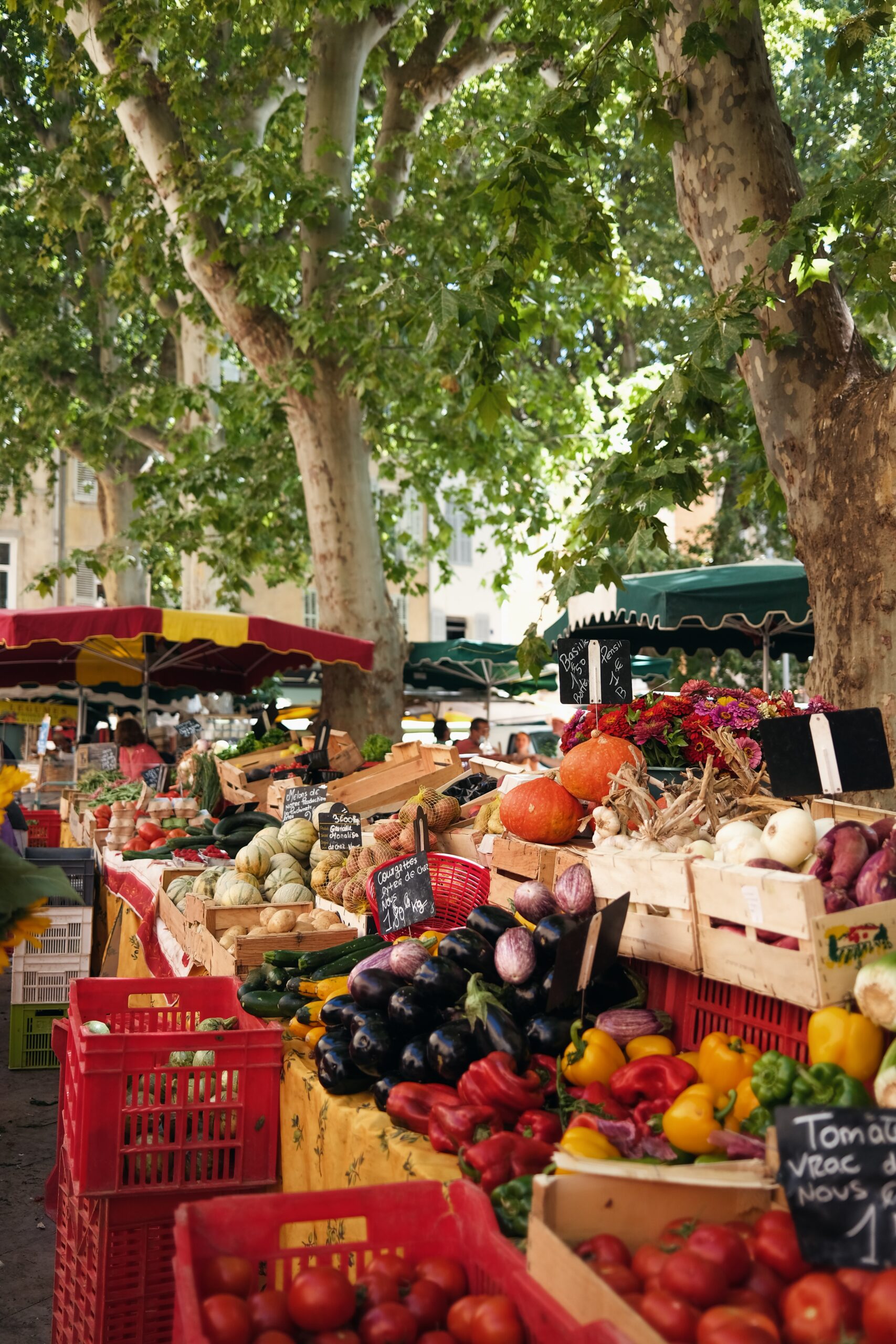
How To Eat Healthy on a Budget
If I was given a dollar for every time someone said to me ‘But how do you afford that?! Healthy eating is so expensive’, I would have enough dollars to not need the words of wisdom this article hopefully provides you.
Healthy eating can be expensive, and healthy eating can be inexpensive. If you choose to spend your money on overseas-grown, out-of-season ‘superfoods’ such as goji berries, maca powder, vanilla bean pods and acai powder, then sure, your food bill is going to spike. If you purchase locally grown fruits and vegetables, your bank account will tell a different story.
I’ve provided my top tips for eating well when you’re not a millionaire below.
1. Eat what is in season and local to where you live where possible
I think this may be the handiest financial tip of all time.
I use this guide to check out what is in season for Sydney and NSW.
This one is helpful for Australia-wide.
I also ask my local farmers what is good at the moment, what they recommend, what is out due to seasonal variance, unpredictable weather conditions, etc. Which brings me to my next point…
2. Shop at the farmers markets
(Or use a box delivery service).
In Sydney I like Marrickville, Orange Grove/Leichhardt, Carriageworks (currently on hiatus), and Frenchs Forest.
Use this website to find farmers markets close to you.
Food box delivery services are excellent also. You can go with what is in season that week, or if you know you won’t eat all of the produce provided, I recommend selecting specific produce to prevent any food wastage.
3. Shop for staples at bulk food shops
Grains, legumes, flours, herbs and spices are very cheap when purchased at a Co-op or bulk foods shops. You can also avoid excessive amounts of plastic packaging this way. Take your own containers, cloth bags, or reuse the provided brown paper bags until they fall apart.
Head to:
4. Make recipe swaps to use what you already have
This is a very good skill to have. You will learn with time what swaps well with what, but use your imagination, palate and some trial and error to get started. Some tips:
Chia seeds – Flaxseeds
Flour – Buckwheat or oat flour (grind yourself from the wholegrain)
Lemon – Apple cider vinegar
Butter – Ghee, coconut oil
Fresh garlic – Garlic powder
Egg – I am not an expert on this, please see below
Source: https://alchera.design/listing/558495035/vegan-alternative-vegan-meal-vegan-gift
5. Plan your cooking schedule for the week
I must admit that I do not do this personally, however I am told oh-so often this is an extremely helpful tool for people. Plan what you are going to cook for each night of the week, buy the right amount of produce accordingly, and make a little extra for leftovers for lunch the next day.
Less time in the kitchen, less food waste, leftovers galore, sounds good to me!
6. Eat, reuse, and repurpose every single scrap
There are many parts of vegetables I see people throw in the bin that can certainly be eaten. They just need to be prepared in the right way!
Broccoli stalk – Cut into bite-sized pieces and roast
Cauliflower outer leaves – Make fabulous chips
Pumpkin skin – Please eat this, many of the nutrients live here
Carrot tops – Freeze and throw into your next stock making adventure
Zucchini nubs – Freeze and throw into smoothies
Avocado getting rather brown – Freeze and throw into smoothies
Fatty meat cuts – Freeze for broth adventures, or slow cook for extra flavour and nutrients
Try my Paleo hummus recipe which is a great way to use up your leftover roasted veggies, a whole lemon, and is very substitute-friendly.
7. Store your food properly
Food lasts longer if stored properly. I believe food waste is the reason people think buying, cooking, and eating your own meals is ‘so expensive’. It sure is if 30% of it goes in the bin!
Use containers with air tight locks, wash and store veggies in damp hand towels or Swag Bags, properly store your fresh herbs, freeze meat that is not being consumed in the near future… You get my drift. It may also be helpful to bring items to the front of your fridge that need consuming in the next 1 – 2 days. An ‘eat me first’ container, if you will.
8. Buy discounted meat/seafood/etc and freeze for a rainy day
I rarely buy full-price meat or seafood from supermarkets. If I haven’t gone to the markets that week, I will head to the smaller supermarkets and see what is discounted and about to go off. I will either cook it up that night or freeze immediately.
9. Ugly, misfits, and perfect picks are your best friend
Thank you very much, Harris Farm.
I hope you have learnt a few pearls to start your healthy eating journey whilst saving for that mortgage/next avocado toast. If you have any more helpful recommendations, we would love to hear them below!
Happy smart shopping, cooking, and consuming,
Author
Jaclyn Cave, BHSc Nat, BComm Soc
Jaclyn is a qualified naturopath with a focus on women’s hormones, digestion, mood disorders, skin, and stress.
Learn more about Jaclyn here
Book a session with Jaclyn here
To learn more about acne or for speaking enquires on this topic get in touch at hello@halsahealth.com.au





